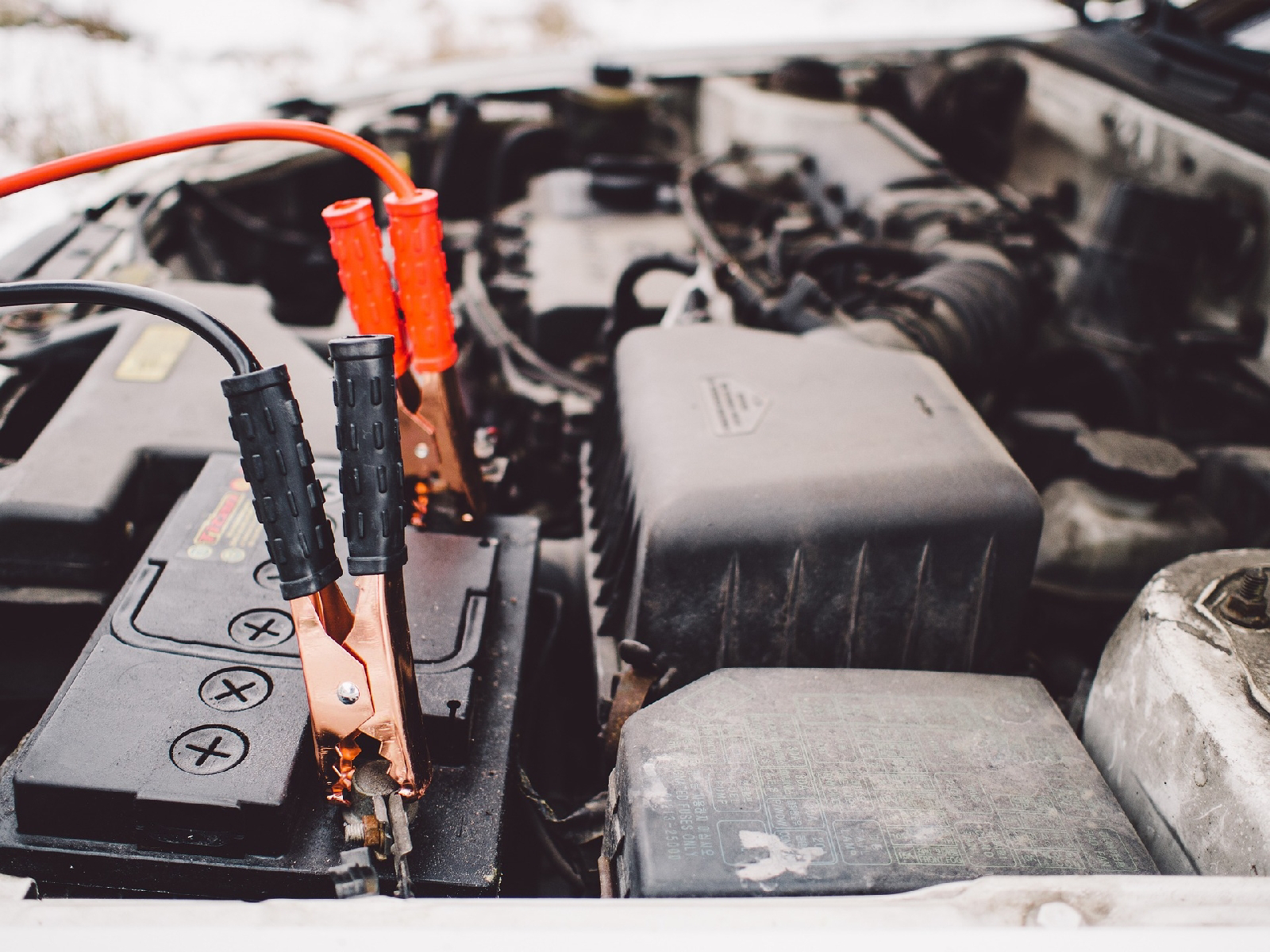## Introduction to Car Batteries
A car battery is a vital component of a vehicle's electrical system, providing the necessary power to start the engine and support various electrical accessories. In this article, we will delve into the world of car batteries, exploring their types, functions, maintenance, and troubleshooting.
## Types of Car Batteries
There are several types of car batteries available, each with its unique characteristics and advantages. The most common types include:
* Flooded batteries: These are the traditional and most affordable type of car battery.
* Absorbent Glass Mat (AGM) batteries: These batteries are designed to provide high performance and durability.
* Deep Cycle batteries: These batteries are designed for frequent deep discharging and recharging.
* Lithium-ion batteries: These batteries are becoming increasingly popular due to their high energy density and long lifespan.
### Factors to Consider When Choosing a Car Battery
When selecting a car battery, there are several factors to consider, including:
1. **Cold Cranking Amps (CCA)**: This measures the battery's ability to start the engine in cold temperatures.
2. **Reserve Capacity (RC)**: This measures the battery's ability to power the vehicle's electrical systems when the engine is not running.
3. **Maintenance requirements**: Some batteries require regular maintenance, such as checking the electrolyte level and adding water.
4. **Warranty**: Look for a battery with a comprehensive warranty that covers defects and replacements.
## Car Battery Maintenance and Troubleshooting
To extend the lifespan of your car battery, regular maintenance is essential. Here are some tips:
* Check the electrolyte level and add water as needed.
* Clean the terminals and cables to prevent corrosion.
* Avoid deep discharging the battery.
* Store the battery in a cool, dry place when not in use.
### Common Car Battery Problems
If your car battery is not functioning properly, it may be due to one of the following issues:
* **Dead battery**: If the battery is not holding a charge, it may need to be replaced.
* **Corrosion**: Corrosion on the terminals and cables can prevent the battery from functioning properly.
* **Low electrolyte level**: If the electrolyte level is low, the battery may not function properly.
#### Troubleshooting Tips
To diagnose and fix car battery problems, follow these steps:
1. Check the voltage using a multimeter.
2. Inspect the terminals and cables for corrosion.
3. Check the electrolyte level and add water as needed.
4. If the problem persists, consult a professional mechanic or automotive electrician.
By following these tips and understanding the basics of car batteries, you can ensure that your vehicle's electrical system is functioning properly and safely. Remember to choose the right type of battery for your vehicle and perform regular maintenance to extend its lifespan. With proper care and attention, your car battery will provide reliable service for years to come.





No comments:
Post a Comment